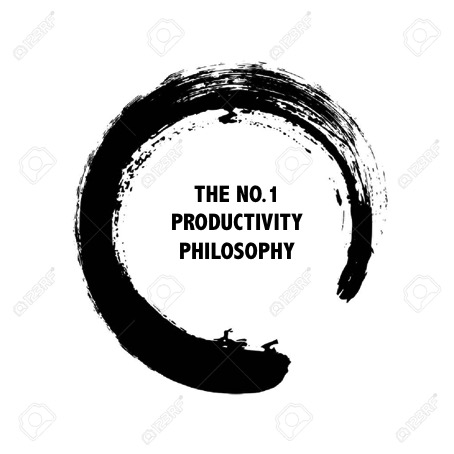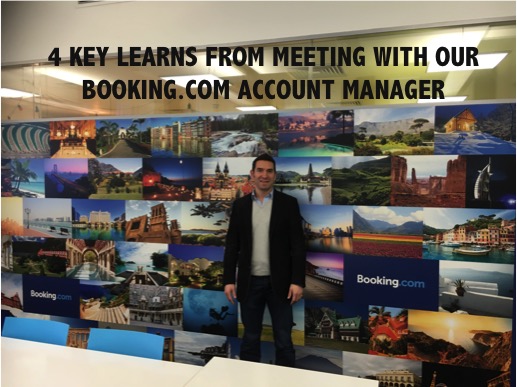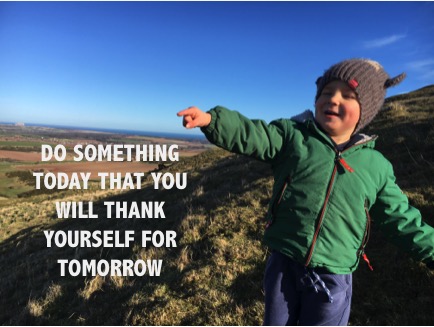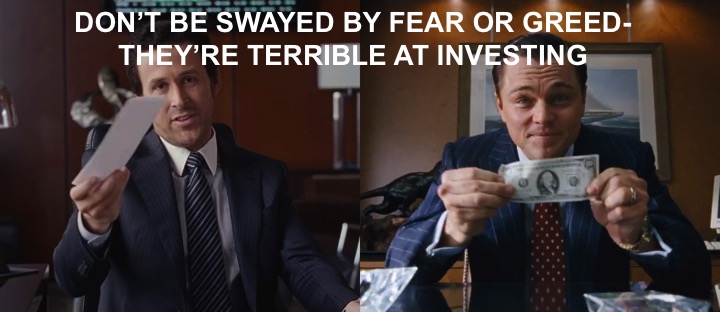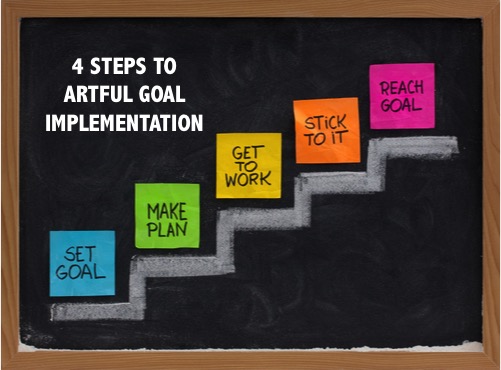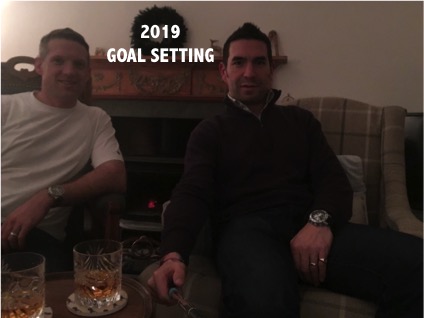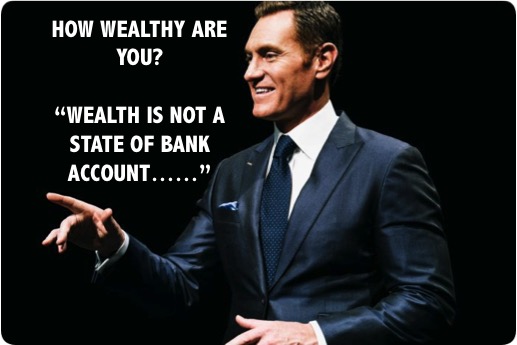If you have even a slight inkling of perfectionism in you then you will likely be able to relate to this post (I confess I’m a recovering perfectionist myself). The thing about perfectionism is it can be your best ally at times, but also your worst enemy.
Here’s a handy definition from wikipedia for context:
‘Perfectionism, in psychology, is a personality trait characterized by a person’s striving for flawlessness and setting high performance standards, accompanied by critical self-evaluations and concerns regarding others’ evaluations.’
If you can relate to the above in any way then you’ll know that when it comes to goal achievement and productivity, having this trait means you can be extremely hard on yourself.
That’s why it’s so important to have a healthy philosophy on productivity. You might be thinking, what on earth is he talking about…philosophy on productivity? Bear with me on this as for those that do, I’m confident it will serve you. Your personal philosophy on productivity matters way more than you think. And here’s why – there are so many people doing amazing things yet being too hard on themselves because they are measuring the wrong things and philosophically just looking in the wrong place for what they think they should be measuring.
What we’re talking about here is the whole ethos for how you feel at the end of a work session, at the end of a busy day, and how you feel about yourself as you head into the weekend or time off. In other words, whether you feel as though you’ve done enough.
The sad truth about entrepreneurship is that you have a never ending list of to dos and regularly feel like “I’ll never be done”. If you’ve ever felt this then that is what getting a healthy philosophy on productivity is going to help with.
This is something I’ve personally wrestled with for as long as I can remember and I’ve actively sought to understand and reframe it. Now that I’ve finally discovered a new paradigm for thinking about personal productivity, I’m excited to share it.
To explain, I need to quickly refer to the Zen Buddhism practice of enso circle drawing – the ritual of attempting to draw the perfect circle. Here’s the thing, when you sit down to draw one you are fundamentally attempting the impossible, for something to be a true circle it has to be perfect and no human being can draw a perfect circle.
The Zen Buddhists decided to make this a daily practice ie the decision to attempt something that strives for perfection yet cannot ever succeed at being perfect.
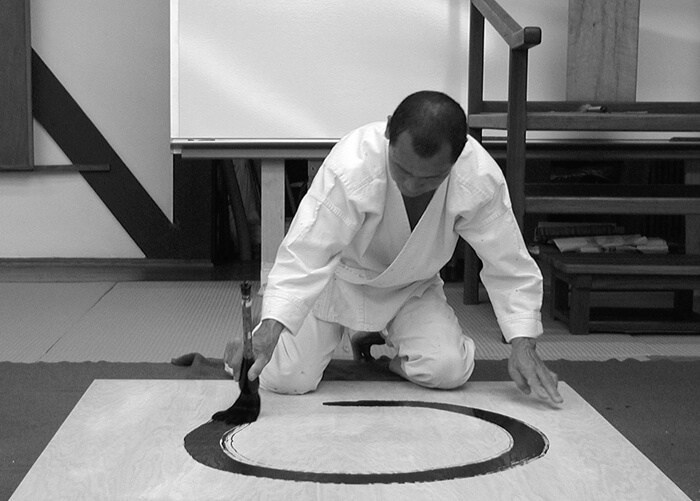
As they realised that perfection was out of sight, they dropped the game of trying to be perfect and started embracing imperfections.
This is a powerful metaphor for thinking about productivity, more than that, its the most powerful principle for thinking about my productivity day to day and week to week that I’ve ever come across.
The enso circle is a metaphor for what we do when we sit down to be productive as human beings. We seek to do something as entrepreneurs that is perfect ie we want to win, hit big goals, do 100% of what we are capable of but we need to commit to creative and courageous work that isn’t actually ever done ie we need to draw the perfect circle.
Borrowing the enso principle, we get to liberate ourselves from the belief that we have for everything we are working on to be perfect, by embracing imperfection.
Here’s the key – the magic of the Zen monks drawing these circles is not that they draw them one time, or that it looks a lot or a little like a circle. The magic is that they show up and do it every single day. It’s a ritual that generates incremental progress over time by showing up and striving towards perfection, imperfectly. Perfection is the goal but with the knowledge that they’ll never quite get there, however by consistently practising they actually create something of incredible beauty.
THE MOST IMPORTANT PHILOSOPHY WE CAN EMBRACE FOR OUR PRODUCTIVITY IS STRIVING IMPERFECTLY, EVERY SINGLE DAY.
We can approach our goals and to do’s in the same way as an enso circle. When we plan out our week ahead, we’re creating a vision and a definition of perfection as it relates to what we aspire to get done. All we have to do is show up each day and strive imperfectly in that direction. And when you do or don’t arrive at that perfect place (ie when you’re reviewing on a Sunday night), no matter what happens you’ll create something incredible and you’ll learn more about what it takes to get closer to that idea of a perfect week.
Are you up for striving imperfectly, every day?

